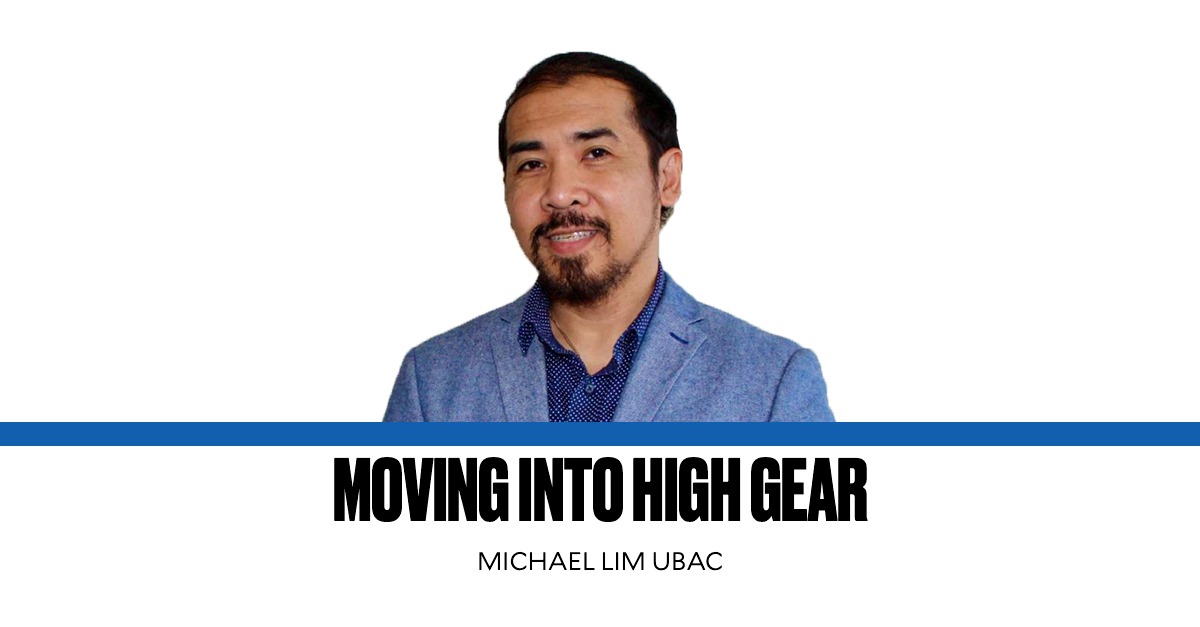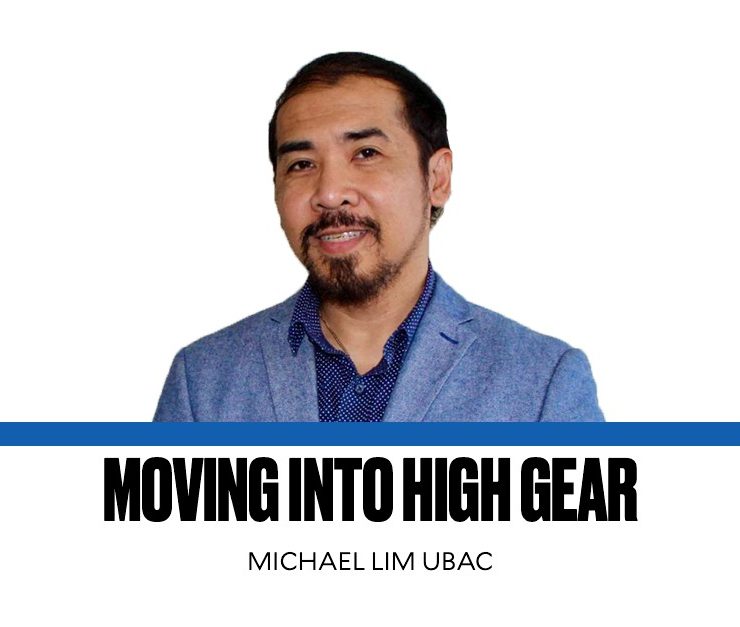Trump 2.0: Calm waters or rough seas?

Trump 2.0 will officially start its era in three days. To say that there’s a lot at stake is an understatement. President-elect Donald Trump will take his oath on Jan. 20, with one hand on a Bible, summoning the heavens’ aid by saying, “So help me, God.”
Trump will bring about a tectonic shift in American domestic policies and international relations, regardless of what everyone else thinks. These expected massive policy shifts have far-reaching implications that can very well upend the international order established since World War II and reconfigured after 9/11.
Such is the case as long as the world relies on the United States dollar as the primary global currency for international trade and finance, and the US can maintain its ironclad alliances with old and new friends through the assurance of the protection of its nuclear umbrella.
Expect a lot of challenges in international relations at the outset, as Trump will require a reevaluation of current US alliances from day one. This is understandable for an incoming administration which now has the benefit of hindsight, an experienced old hand returning with knowledge from past mistakes and successes, and armed with ideas on how to shake things up.
International observers must not forget that due to the war on terror following 9/11, US troops were sent to Afghanistan and Iraq. Since then, there has been a low appetite among Americans for meddling in other countries’ troubles, much less for supporting wars of the past like the Iran-Contra affair and the Bay of Pigs invasion of Cuba. The US’ overseas adventurism has not only stretched its military thin, but it has also overburdened American taxpayers with military spending just to fulfill its role as global police.
We have seen a preview of how foreign policy will be shaped on Capitol Hill henceforth during Tuesday’s confirmation hearing of Pete Hegseth as defense secretary, in which he vowed to modernize all three legs of the nuclear triad amid China and Russia’s accelerated development of their nuclear delivery and weapons systems.
America has a lot on its plate these days, besides its highly polarized electorate. Trump will surely prioritize domestic concerns over poking his nose into intractable conflicts around the world.
But according to David Leonhardt of The New York Times, Trump is not an across-the-board isolationist, and I agree. Trump is keenly aware that he must confront other powers that can undermine the US’ might and interests, such as Russia, China, and the oil-producing countries in the Middle East. For that reason, Israel will remain the pivot point of the American foreign policy in the Middle East, which involves the rival regional (and Islamic) powers Iran, Saudi Arabia, Egypt, and Qatar.
Chip war. In the Indo-Pacific, the US faces its biggest rival, China. But decoupling from China in trade is not possible in the short term because it is the world’s manufacturing hub, after all. This is why Washington has continued to engage with Beijing bilaterally despite their fierce rivalry on the global stage. As long as Taiwan supplies at least 90 percent of the US’ demand for advanced chips, and its allies Japan and South Korea remain key players in the global semiconductor supply chain, the US presence in Asia is here to stay.
This means that these three East Asian allies plus the Philippines, which now has nine sites for temporary hosting American troops, can continue to enjoy robust relations with the US under Trump. The Biden administration’s policy of revitalizing the US semiconductor industry through the bipartisan $50 billion CHIPS Act of 2022 can lead to self-reliance, but it will take time.
Thus, the Marcos administration can become the darling of the second Trump presidency if it takes advantage of this opportunity for renewed interest in the Philippines as a reliable ally—and defense—against China.
But Manila should go beyond military aid and press Washington to expand the Philippine semiconductor industry, turning it into a producer of advanced microchips, which historian Chris Miller describes as the “new oil” (Chip War, 2022). Expansion of chip making capacity is not only costly. Such a transfer of technology requires trust and is only reserved for the closest of friends, as the Philippines has painfully proven to the US since the Fall of Bataan in 1942.
Miller says “military, economic, and geopolitical power are built on a foundation of computer chips.” Thus, he says China “spends more money each year importing chips than it spends importing oil” to catch up to the US’s technological superiority.
Such is the complexity of international relations that maintaining the balance of power in Asia will not be straightforward for the US. The factors that complicate things are North Korea’s subservience to China and Russia’s expanding interests in Europe. The hermetic kingdom has continued to rely on the duo to prop up its military and nuclear arsenal, which can very well threaten the continental US.
—————-
For comments: mubac@inquirer.com.ph


















